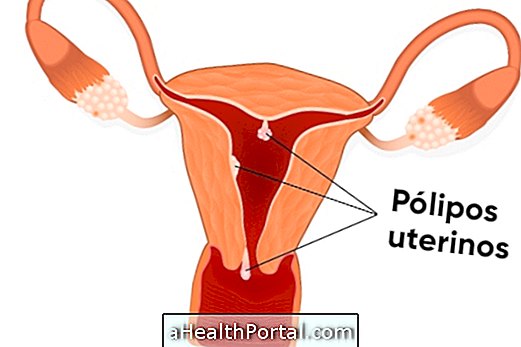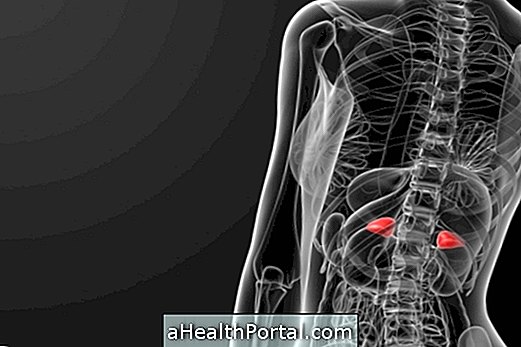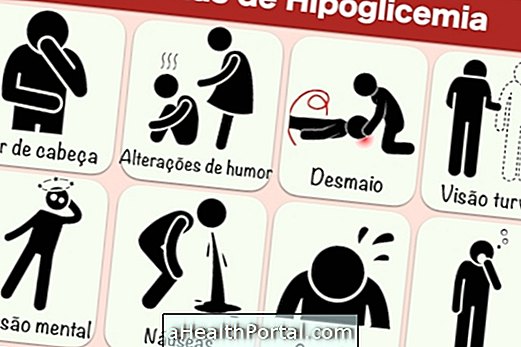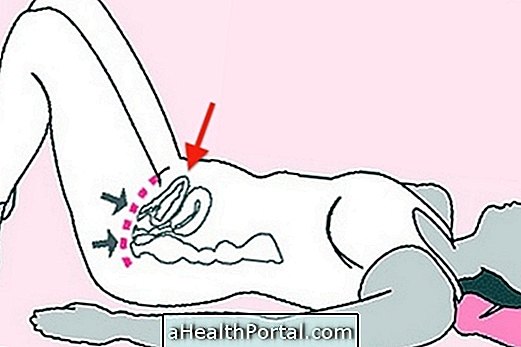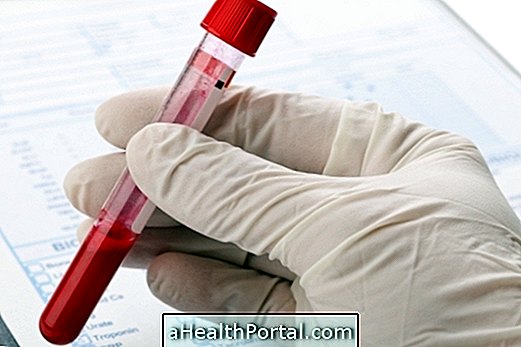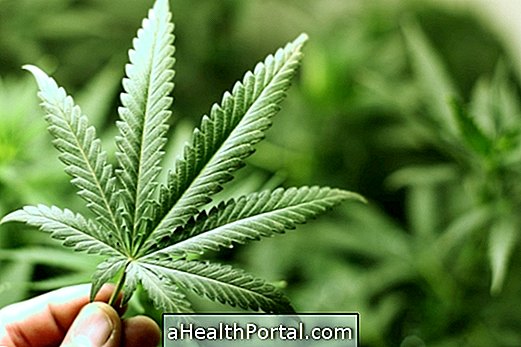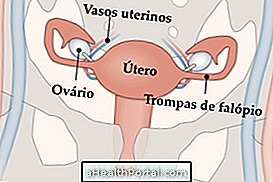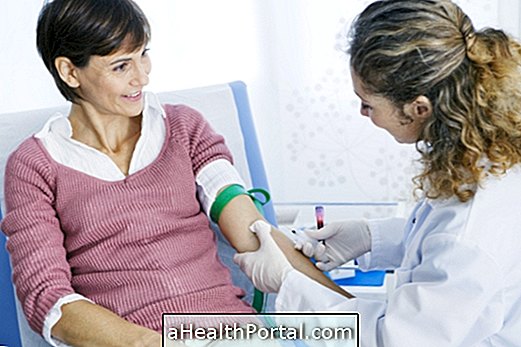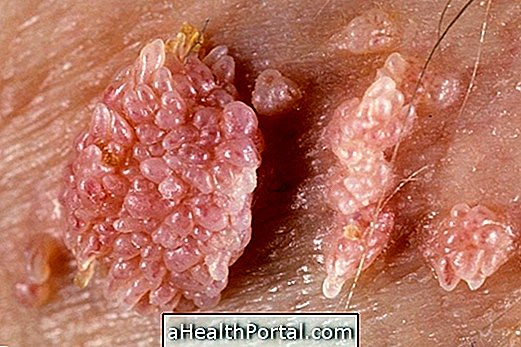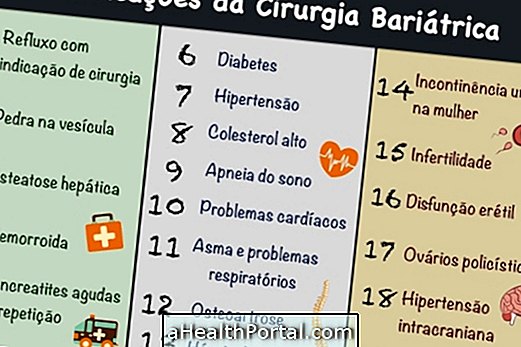The first symptoms of Ebola are fever, headache, general malaise and tiredness, and so this disease can easily be confused with a simple cold or flu.
However, after 1 week of development of the disease other symptoms of the Ebola virus appear, such as:
- Numbness;
- Sore throat;
- Persistent cough;
- Frequent vomiting, which may contain blood;
- Frequent diarrhea, which may contain blood;
- Bleeds in the eyes, nose, gums, ear and private parts.
- Blood spots and blisters on the skin at various body locations.
Ebola contamination should be suspected when the patient has recently been in Africa or in contact with others who have been on this continent. In these cases, the patient should be hospitalized and kept under observation for blood tests to confirm if they are infected with the Ebola virus.
Ebola virus transmission
Ebola is a highly contagious disease that is transmitted by contact with blood, urine, feces, vomit, semen and vaginal fluids from infected persons, contaminated objects such as clothing of the patient, and by consumption, handling or contact with sick animal fluids .
Transmission only happens when symptoms manifest, during the virus incubation period there is no transmission.
Here's how to protect yourself in: What to do not to catch Ebola.
How to treat Ebola
Ebola treatment should be done with isolation in the hospital and usually consists of relieving the patient's symptoms through the use of medicines for fever, vomiting and pain until the patient's body is able to eliminate the virus.
Although it is a serious disease with a high mortality rate, there are patients who have been infected with Ebola and have been cured and become immune to the Ebola virus. However, it is not yet known exactly how this happens, but it is being done studies to find the cure of Ebola.
See more about this issue at:
- Ebola Virus
- Does Ebola have a cure?
